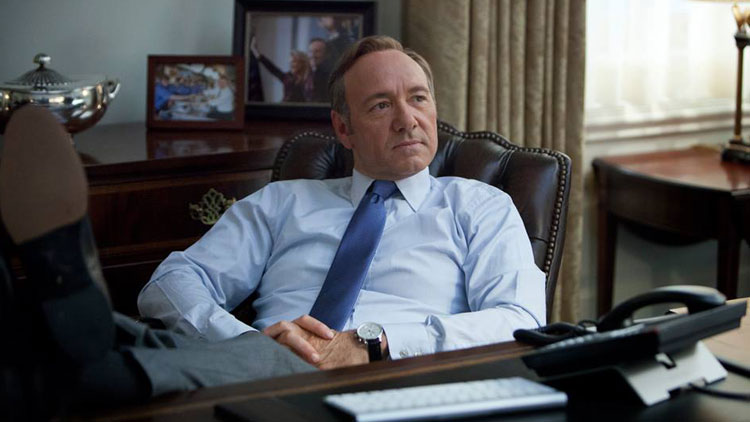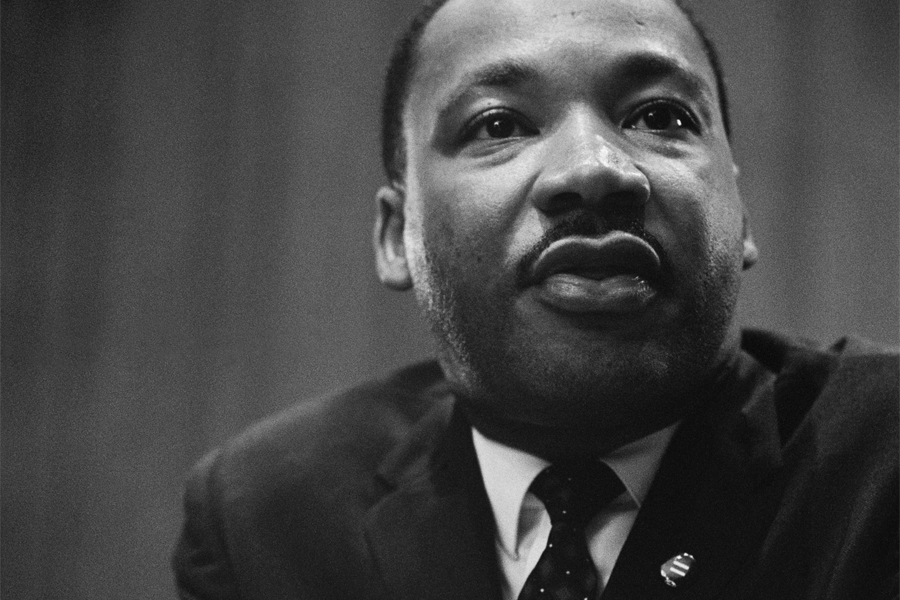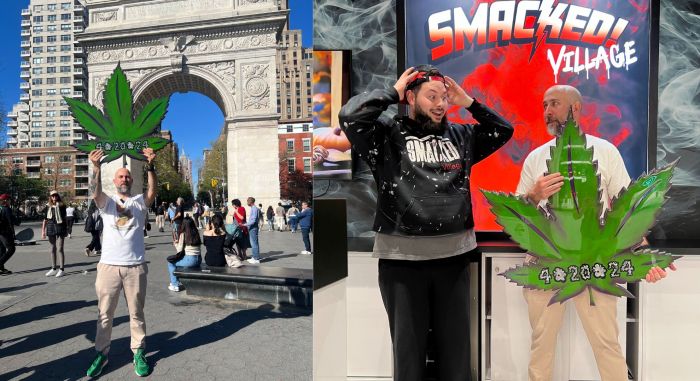Beware of spoilers!
It’s possible that I’m a little late to the party here, but I don’t care.
Netflix’s hit show House of Cards premiered one month ago—on Valentine’s Day to be exact—and while thousands took the binge-viewing approach I, after several minutes of deep contemplation, decided to watch in installments—kind of like the way I pay my bills.
Somehow I was able to avoid all the spoilers swirling around social media and my favorite websites. So if you have yet to finish season 2 or are still considering adding House of Cards to your expanding menu of shows—either on the cable, network TV or the Internet—then use this moment to respectfully excuse yourself from this post and move on to the next great piece of content on our lovely little news site. Perhaps you should read this. Or this. And maybe this. Just don’t go here.
Now, on to the show. Here are three things we learned from season 2 of House of Cards.
1) The producers are obviously not afraid of to kick characters to the curb, or throw them into an oncoming train.
Poor Zoe Barnes. She thought she had Francis Underwood on the hot seat before he flung her like a rag doll into the aforementioned speeding hunk of metal at the outset of the season. Barnes (Kate Mara), an intrepid reporter who had an affair with Underwood while he was the Democratic whip in Congress, decided she’d had enough of his untruths and confronted him in a subway where the soon-to-be Vice President agreed to meet, perhaps with premeditated ideas of murder on his mind. Barnes sealed her faith when she asked the conniving politician if he was responsible for the death of Rep. Peter Russo (which he was). Underwood decided he no longer had any use for Barnes so he threw her onto the tracks while a train barreled into the station. The scene felt like a dream sequence, and it was only a matter of time before Zoe or Underwood would rise from a deep sleep. But that never happened. And Barnes’ death set the stage for another season of malicious Washington D.C. politics.
2) Long Island wine sucks, according to a ruthless pol.
This one stung.
This unfair dig at Long Island’s beloved vineyards came from California’s own Jackie Sharp (played by Molly Parker) who told a fictional congressman from LI that his hometown’s product “tastes like piss compared to what we have in Napa.”
That didn’t sit well with Rep. Tim Bishop (D-Southampton) who told The Suffolk Times that he takes “exception to anyone criticizing Long Island wines.” But he wasn’t all that peeved. Instead of banning the producers from ever visiting an East End vineyard, Bishop used the opportunity to invite the show’s creators to his district for a taste of the local product.
This testy exchange came as Sharp, the new House Democratic whip, was trying to secure votes for entitlement reform.
3) Francis Underwood was going to become president no matter what.
We watched Underwood probe—carefully and meticulously—his way to the President Garrett Walker’s inner circle in season 1, eventually leading to his selection as Walker’s new VP. At that point it was almost a no-brainer that Underwood would eventually weasel his way into the highest office in the land. But did it have to happen so quick? Underwood sowed Walker’s demise and left a scandalous trail (a money laundering scam involving a billionaire friend of Walker’s and a corrupt Chinese businessman that funneled money into a Democratic super PAC; very complicated) that put Walker at the center of an epic scandal, which eventually led to his remarkably emotionless resignation. Sure, Walker was just a pawn—the kind that Underwood had no problem feeding to the wolves. So Underwood is now president. But now that he’s finally ascended to the throne there’s nowhere to go but down.



























